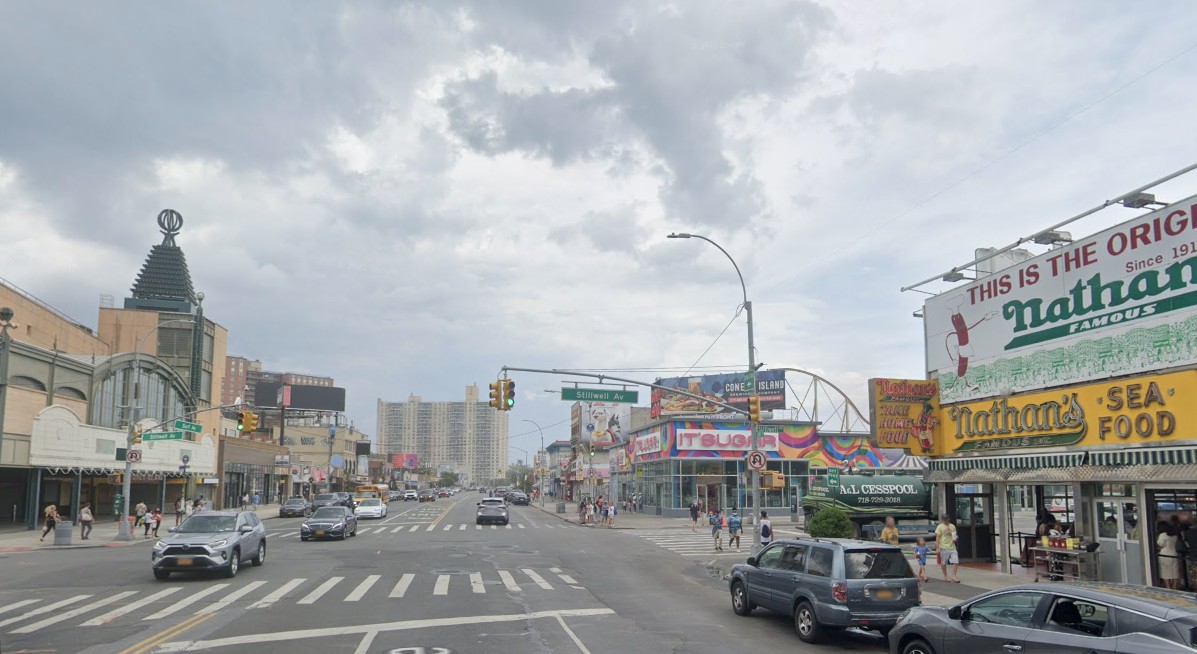Praise the lord and pass the kohlrabi!
Organic food lovers moved one step closer to picking out perfect uglifruit at their own member’s-only supermarket last week as the Greene Hill Food Co-Op — a grocery modeled after Park Slope’s famous version — rented a storefront on Putnam at Grand avenues.
“We’re following their model in a lot of ways,” said founder DK Holland, herself a member of the Park Slope sister store. “We don’t want to reinvent the wheel.”
Of course, the food co-op has a long way to go to achieve the renown of its 37-year-old sibling, the biggest such shop in the country.
Foodies from Fort Greene, Clinton Hill, Prospect Heights and Bedford-Stuyvesant are signing up and looking forward to a store that will not only bring shoppers high-quality goods for discounted prices, but also bring together people of varying backgrounds.
“We’re excited about the neighborhood because it’s a mixed [paper, not plastic] bag,” said Holland.
The quest for a co-op all started over two years ago, and the organizers focused on the Clinton Hill end of the neighborhood because, Holland said, “it’s a real food desert with some very expensive oases.”
After our sister publication The Brooklyn Paper ran a story about the fledgling effort, interest quickly spiked.
“We immediately got 900 people [interested] in it,” she said.
Many members of the Park Slope Food Coop live in Fort Greene and Clinton Hill, yet the older organization actually helped the Greene Hill coop get off the drawing board by allowing Holland to work on the spinoff during her monthly work shift at the Union Street coop.
The Park Slope Food Coop is loved by its orange-vested members, though it is considered by many outsiders as some kind of Marxist vegetable cult (Gawker has called it “an oppressive Communist hierarchy” and the “world’s most annoying grocery store”). Whatever is correct, the store offers shoppers high-quality groceries at subsidized prices in return for two hours and 45 minutes of work every month.
“I think people tell the negative side far more than the positive side,” Holland said.
The Clinton Hill version will begin as a buying club to raise funds. But Holland is confident that renting the storefront will be a tangible step forward that will create further interest.
“We’re hoping that local banks, elected officials, and rich individuals will see the value in investing,” Holland said.






















